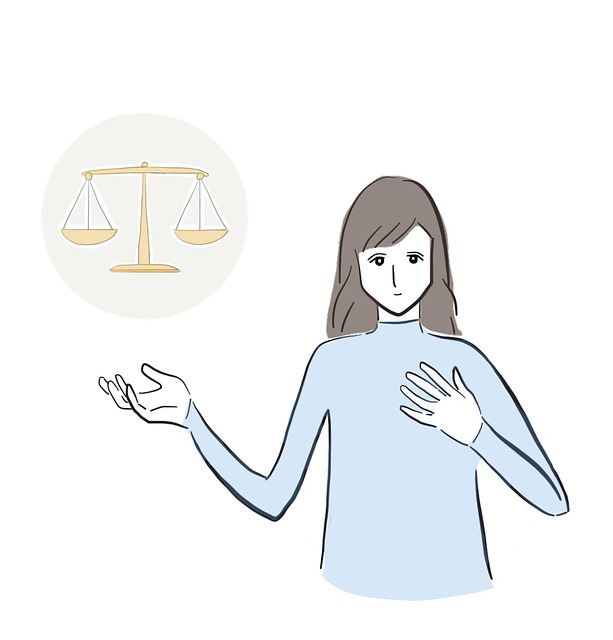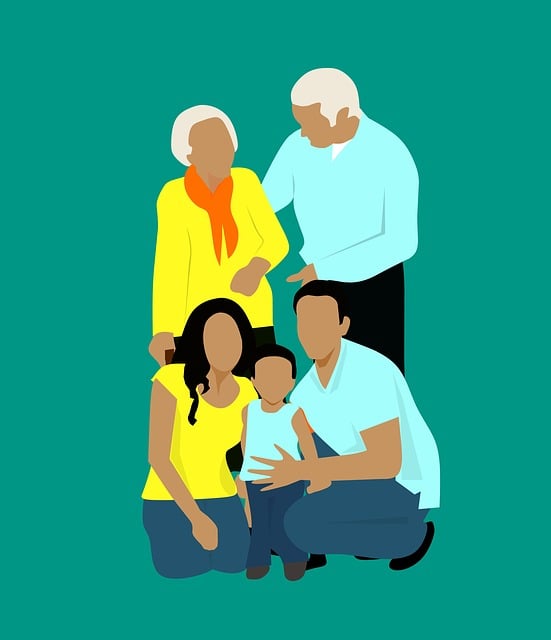In Oregon, grandparent rights are legally recognized, allowing meaningful relationships with grandchildren. Grandparents seeking custody or visitation should understand their legal options, as legal support and advocacy groups offer specialized guidance in complex family law matters. These advocates provide tailored assistance from documentation to court representation, ensuring grandparents' rights and bonds with families are protected. Oregon offers a supportive network of resources, including non-profit legal clinics and community centers, providing pro bono services or low-cost consultations for grandparent cases.
In Oregon, grandparent rights are a vital aspect of family law, offering legal protections for ancestral connections. This article explores the intricate landscape of grandparent rights and the critical role of legal advocacy in preserving these relationships. We delve into how legal support empowers grandparents to navigate complex legal systems, ensuring their rights are upheld. Understanding these rights and available resources is essential for fostering strong family bonds, especially when facing challenging circumstances. Discover practical insights into securing legal advocacy for grandparents seeking to maintain their special place within the family.
- Understanding Grandparent Rights in Oregon: A Legal Perspective
- The Role of Legal Advocacy in Protecting Family Connections
- Resources and Support for Grandparents Navigating the Oregon Legal System
Understanding Grandparent Rights in Oregon: A Legal Perspective

In Oregon, grandparent rights are recognized and protected by law, allowing grandparents to foster a meaningful relationship with their grandchildren. The state’s legal framework provides avenues for legal support and advocacy to ensure these rights are upheld. Grandparents who wish to pursue custody or visitation should be aware of their legal options and the procedures involved. Legal support can help navigate the complex family law system, ensuring that grandparents’ interests are represented effectively.
Understanding grandparent rights is crucial for fostering connections between generations. Oregon’s laws offer a framework where grandparents can seek legal advocacy to gain or maintain access to their grandchildren. This process involves understanding specific legal terminology and navigating court systems, which is why seeking professional legal support is often beneficial. Grandparents’ rights advocates can provide guidance tailored to individual circumstances, ensuring fair outcomes in these emotional matters.
The Role of Legal Advocacy in Protecting Family Connections

Legal support and advocacy play a pivotal role in protecting grandparent’s rights, ensuring family connections are preserved. In many cases, complex family dynamics, legal jargon, and emotional intensity can make it challenging for grandparents to navigate custody or visitation matters independently. This is where professional legal advocacy becomes indispensable.
Advocacy groups specializing in family law offer specialized knowledge and guidance tailored to grandparent’s unique situations. They provide essential legal support, assisting with documentation, court appearances, and negotiating agreements. By empowering grandparents with the right tools and resources, these advocates ensure their voices are heard and their best interests represented, ultimately facilitating a healthier and stronger family bond.
Resources and Support for Grandparents Navigating the Oregon Legal System

Grandparents in Oregon facing legal issues regarding their rights can find a range of resources and support to navigate the complex legal system. Legal advocacy groups dedicated to family law often offer specific assistance for grandparents, providing essential guidance on understanding court processes, gathering relevant documents, and connecting with experienced lawyers who specialize in grandparent rights cases. These organizations ensure that grandparents have access to knowledgeable professionals who can help them protect their parental relationships.
Several non-profit legal clinics and community centers across the state offer pro bono services or low-cost consultations, making legal support more accessible. They provide a safe space for grandparents to learn about their options, file necessary paperwork, and prepare for court appearances. With the right resources, grandparents can advocate for themselves and ensure their voices are heard in matters concerning their grandchildren’s welfare and custody.














